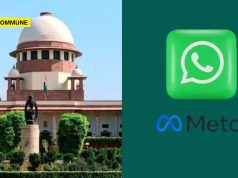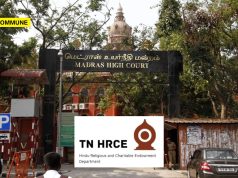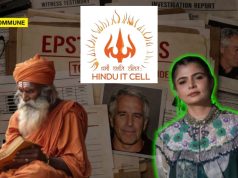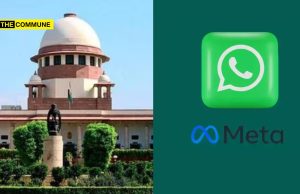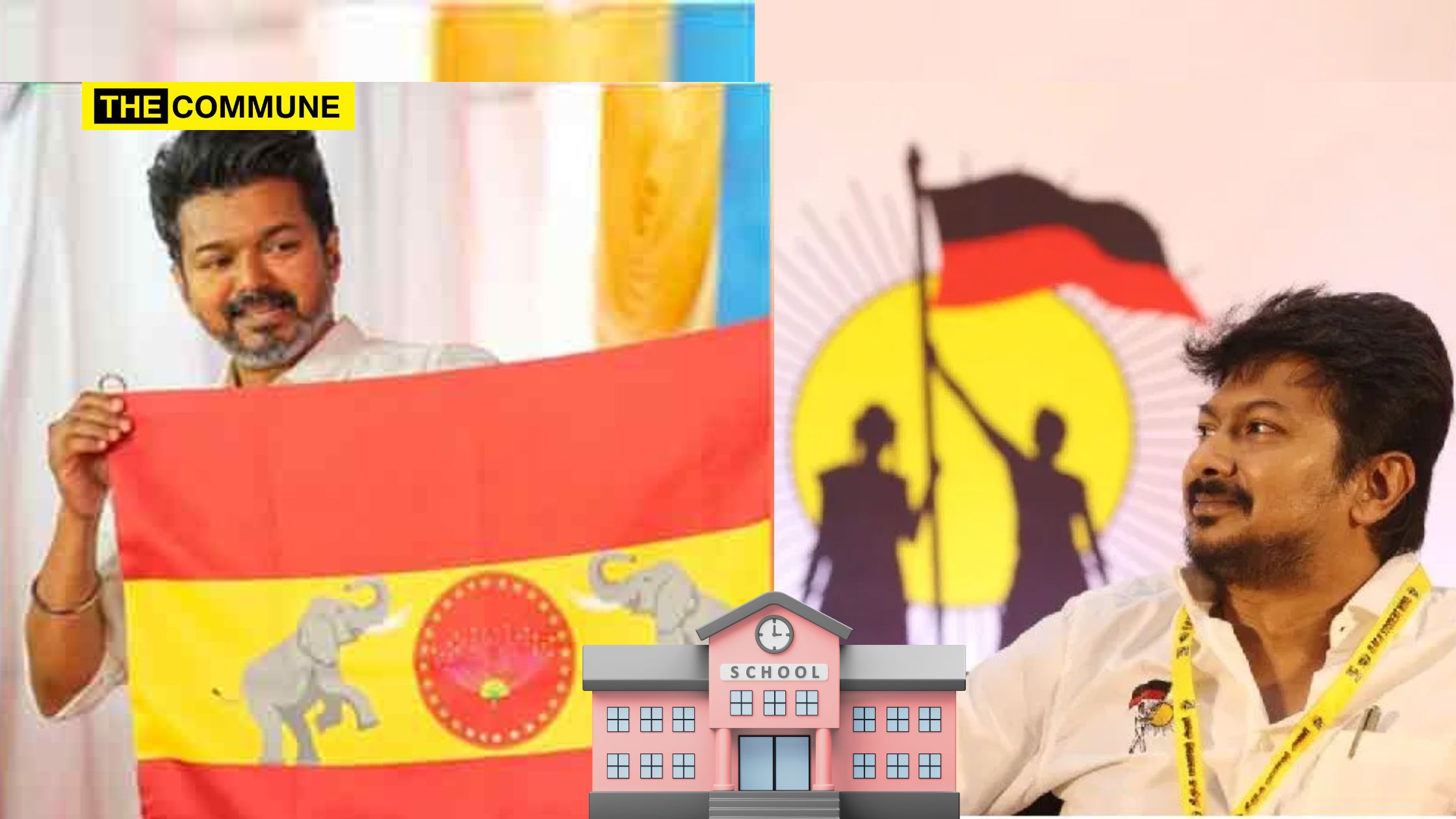
Political parties have traditionally relied on their student wings in colleges to influence young adults. However, their approach is shifting. Political parties aim to reach school students who have not been exposed to any political ideology. The ruling DMK, for instance, plans to introduce “Tamil associations” to counter the influence of actor Vijay and his political party, Tamilaga Vettri Kazhagam (TVK), on these younger students.
When actor-turned-politician Vijay launched TVK, the party experienced a significant surge in online membership, with lakhs of students joining. An influx of youths and fans followed him. Vijay strengthened his appeal by awarding academic prizes and incentives to top-performing students in the 10th and 12th-grade exams across 234 assembly constituencies under his party’s banner.
This idea seems to have struck the DMK that if a student wing is established for DMK, its ideology could grow beyond its present levels.
To counter this growing influence, the DMK, under its scion Udayanidhi Stalin, is set to implement a strategy to attract students to its ranks. This includes forming a Tamil Student Council system within educational institutions.
DMK’s Students’ State Secretary, Ezhilarasan MLA, via his official X account, stated that a meeting of State—and district-level representatives will occur on 6 September 2024 at the party’s head office in Chennai.
This meeting will address the recruitment and organization of student leaders for various levels, including union, city, regional, and district positions. Deputy General Secretary A. Raja and Organizing Secretary RS Bharathi will present the Tamil Student Union Admission Application Forms and Union Identity Cards and deliver an address during the event.
கல்வி நிலையங்களில் “தமிழ் மாணவர் மன்றம்” அமைப்பு ஏற்படுத்துதல், ஒன்றிய, நகர, பகுதி, பேரூர் ஆகிய அமைப்புக்கான மாணவர் அணி நிர்வாகிகளுக்கான நேர்காணல் நடத்துவது குறித்தான ஆலோசனைக் கூட்டம் வருகிற 6-9-2024 வெள்ளிக்கிழமை, காலை 11.00 மணியளவில் அண்ணா அறிவாலயம் “கலைஞர் அரங்கத்தில்”… pic.twitter.com/DjhbjvLfq1
— DMK IT WING (@DMKITwing) August 28, 2024
Political Ideology Disrupting College Student Life – Kerala HC Case Study
Whether students should be involved in politics is a complex debate. It was brought up in February by a Public Interest Litigation (PIL) filed in the High Court of Kerala. The petitioner, N. Prakash, a former High Court employee, cited recent violent incidents at Maharaja’s College in Kochi. At the college, an SFI leader and a disabled professor were stabbed by students linked to the Fraternity Movement, leading to the college’s temporary closure. The petitioner cited such instances as evidence of the dangers of campus politics.
In response to these incidents, the High Court has issued notices to various parties, including the state government, the higher education department, and several student organizations. This isn’t the first time the judiciary has scrutinized campus politics. In 2003, the High Court allowed private colleges to ban politics on campuses, a directive that many institutions followed. In 2017, the court reaffirmed that politics had no place in educational settings, and by 2020, it deemed campus agitations illegal.
(With inputs from Dinamalar)
Subscribe to our Telegram, WhatsApp, and Instagram channels and get the best stories of the day delivered instantly.

